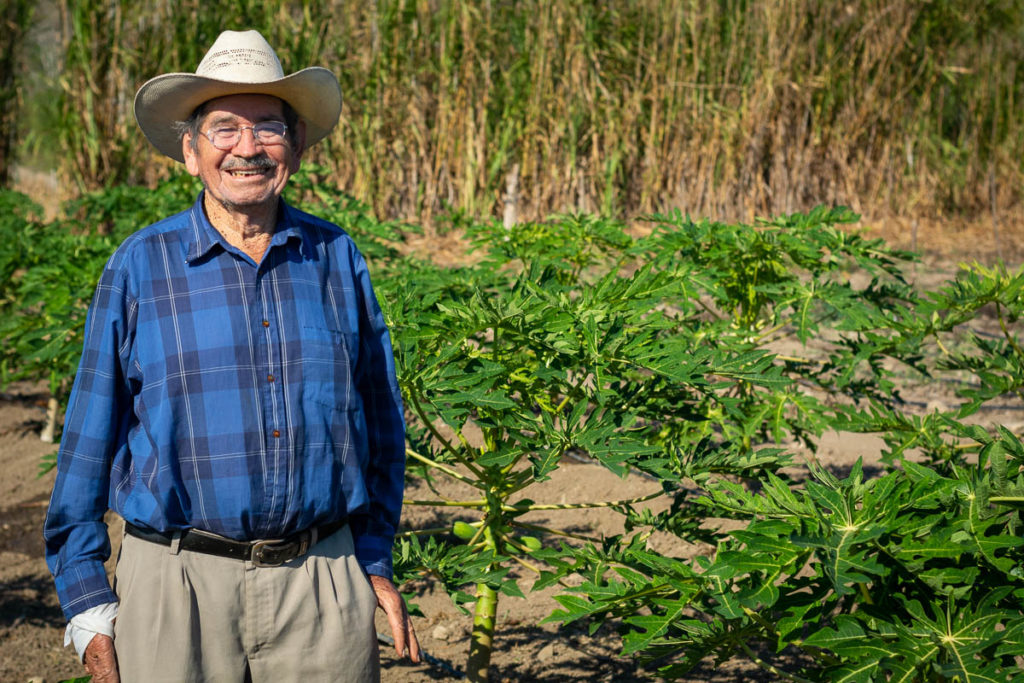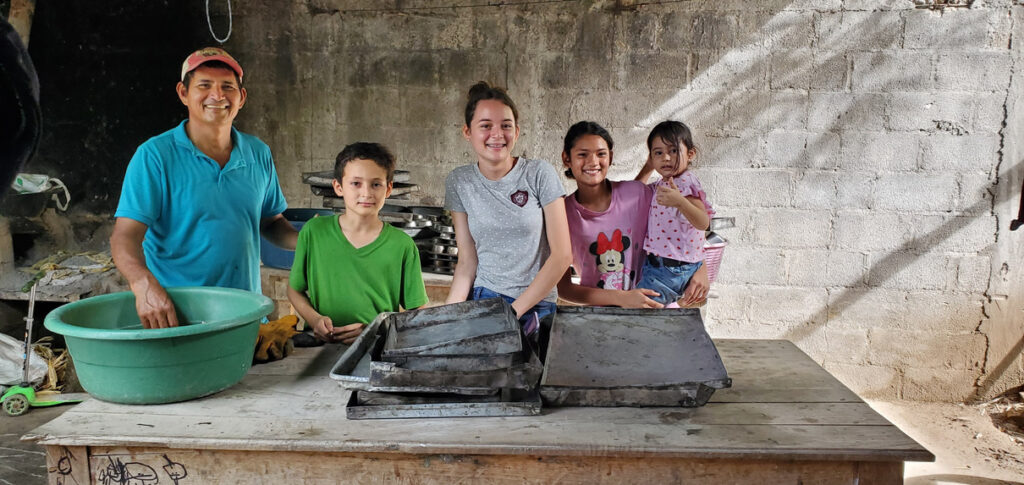 Honduras Macuelizo
Honduras Macuelizo
$109,750 needed of $220,000

Implementing Organization
Church World Service (CWS)
Program Summary
Honduras is highly vulnerable to natural disasters such as floods, hurricanes, landslides, droughts, and forest fires. CASM is working to reduce the high levels of vulnerability in the department of Santa Barbara. The program aims to promote agricultural production under a sustainable farming approach, increase the protection of forested areas and watersheds, expand access to healthy food, and generate income through the sale of surplus crops. The program also forms local alliances with a wide variety of groups that help to strengthen food chains, increase access to water, organize advocacy efforts that promote the rights of children, and reduce violence in the communities. Program activities are centered around three strategic components: food security, nutrition, and family agriculture; natural resource management and climate change adaptation; and citizenship strengthening and human rights.
Success Stories

Facing Climate Change with Proven Strategies
Oscar can face the uncertainties of changing weather patterns with a lot more confidence and calm now that he’s practicing numerous climate-smart strategies on his farm.
A few years ago, heavy rains and pests severely reduced his harvest. He cultivated corn as his parents had taught him, but traditional techniques were no longer enough to cope with flooding. Soil depletion from erosion and the overuse of chemical inputs encouraged fungal growth and insect infestation. So, the technical agricultural training and resources offered by local partner Mennonite Social Action Commission (CASM) didn’t come a moment too soon for Oscar.
It’s impossible to pinpoint which changes have made the most difference, because each one plays a part in the improvement of his farm and yields. Oscar learned how spacing between plants can influence corn quality, and incorporates other new planting techniques for optimal results. He now makes his own organic fertilizers and insecticides, which protect the plants and enrich the soil, and make what he grows taste great, according to his family. He’s now growing not just corn but bananas, chili peppers, cassava, papaya, and pineapple. Not depending on a single crop helps lower the risk of losing everything in a drought or flood.
Oscar also received instruction and support in building chicken coops and raising chickens. The family now keeps 20 hens and collects a dozen eggs a day. They sell the eggs they don’t use, so this initiative has improved both diet and income. His 10-year-old son gets excited and happy each time he goes out to collect the eggs. In fact, the whole family loves picking vegetables and fruits on the farm.
“Our community is better equipped to face climate challenges,” says Oscar, now that CASM has supported them in modernizing the water, irrigation and drainage systems. Some plots were strategically relocated to lessen the effects of flooding. The farmers are once again producing enough to supply markets in nearby cities. Oscar and his family dream of opening up a bakery to combine two of their passions: farming, and preparing food. He and his wife have already started baking bread in a homemade oven and selling it by order to their neighbors. They plan to expand the business to include tamales, “montucas” and “tamalitos,” traditional corn-based dishes.
Honduras Macuelizo Program
Led by Church World Service and Local Partner Mennonite Social Action Commission (CASM)
